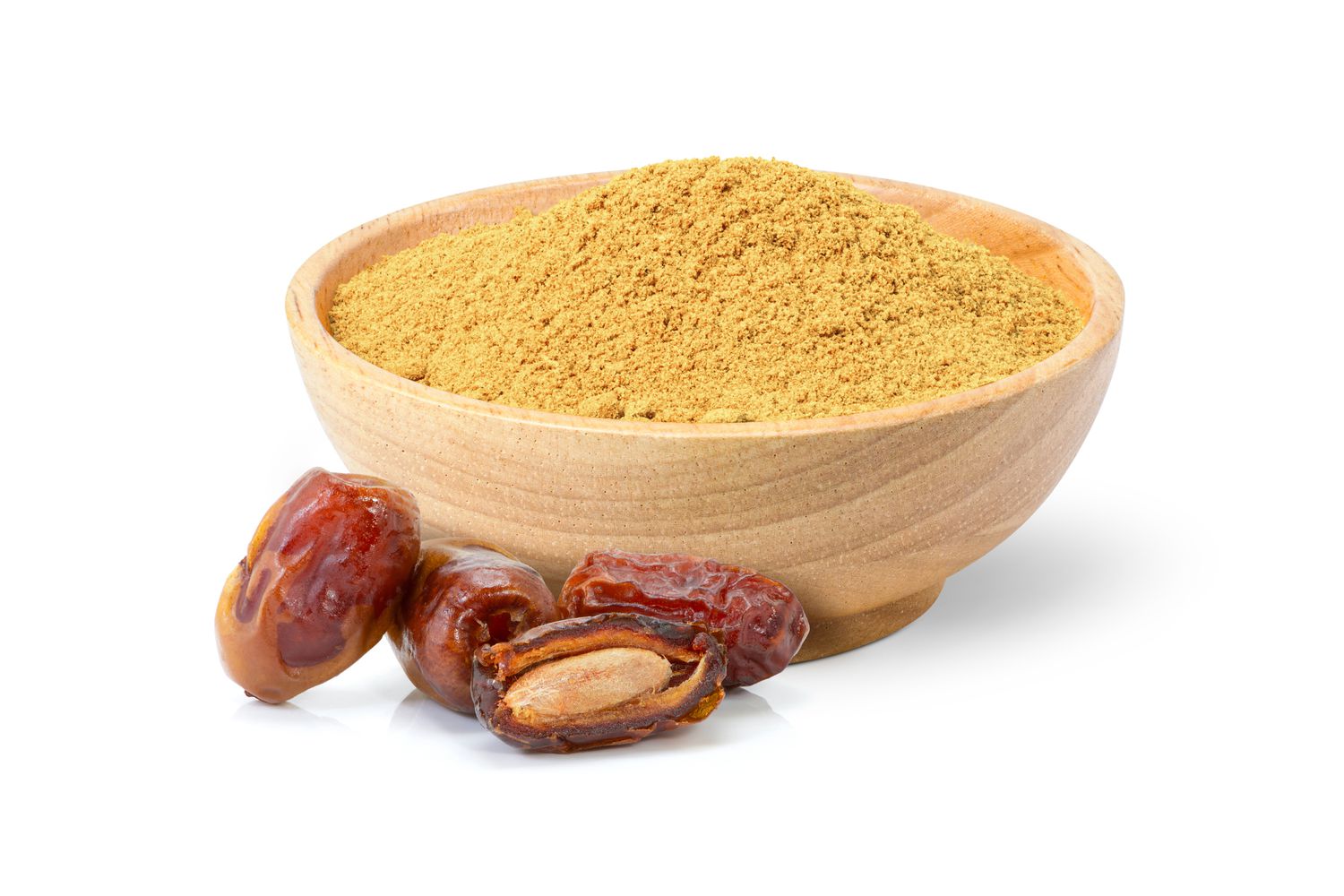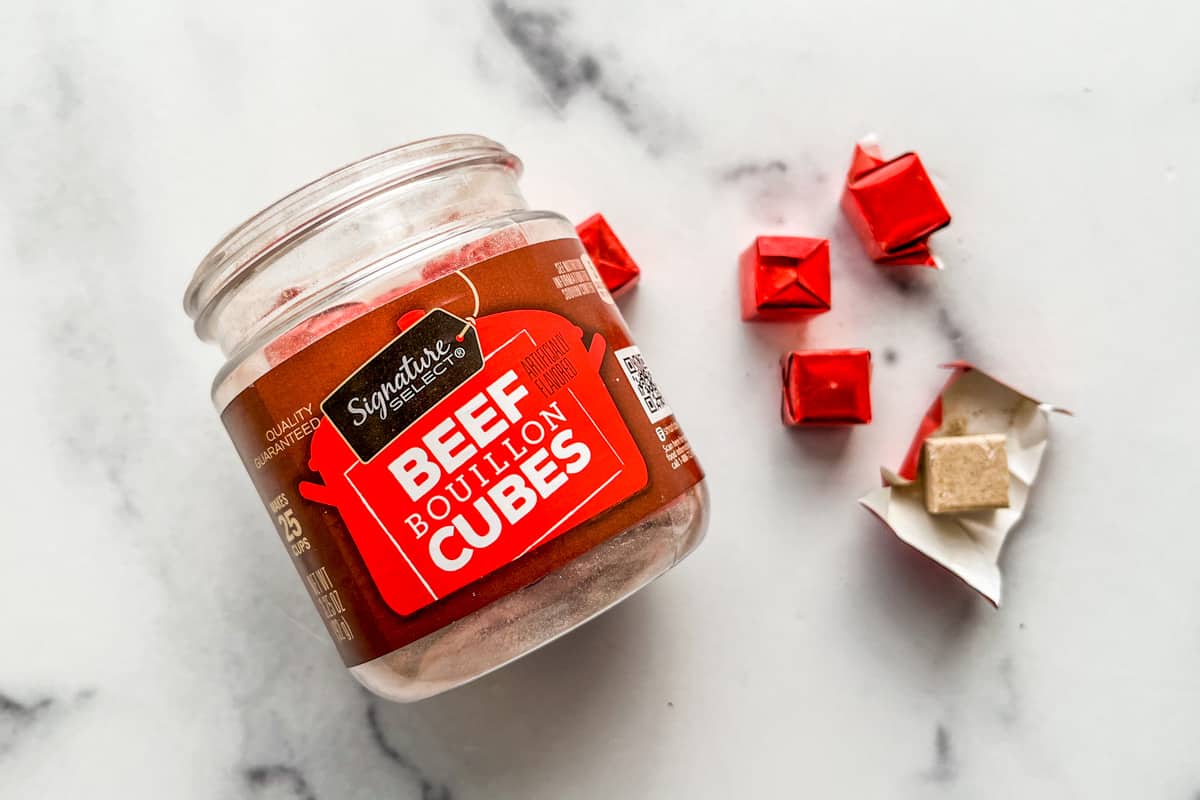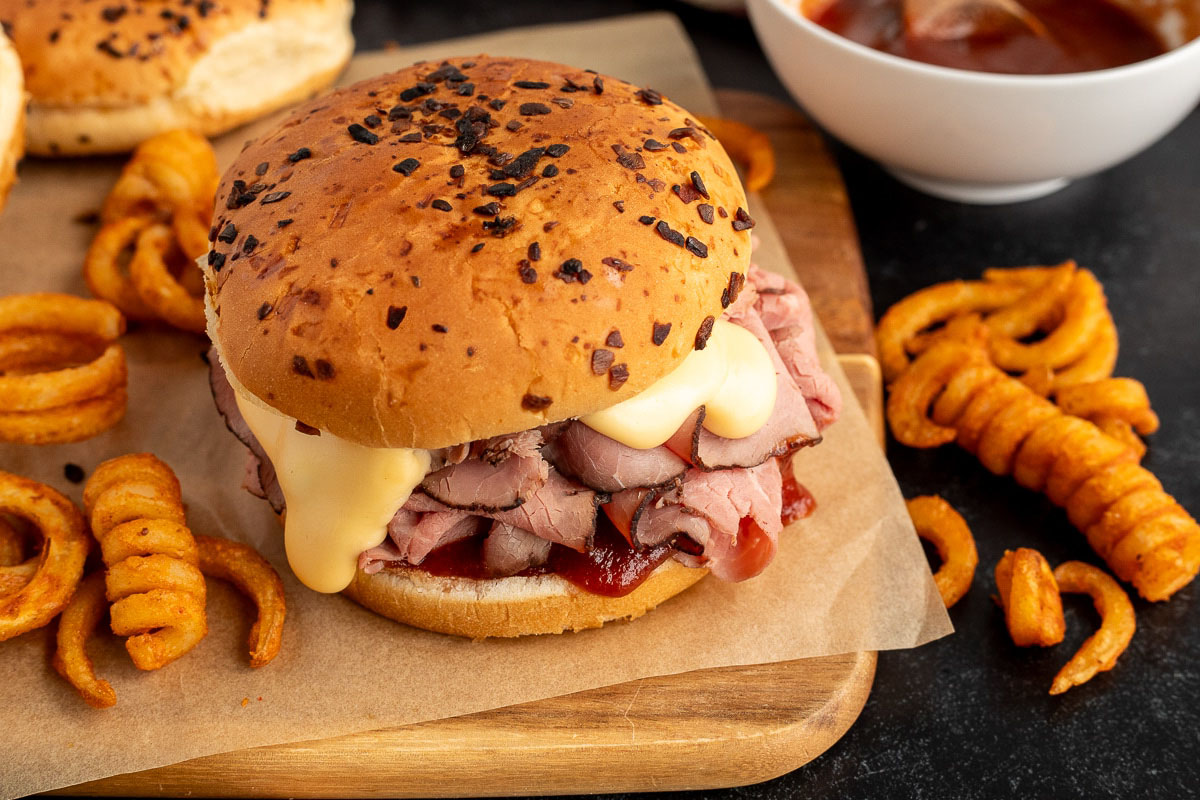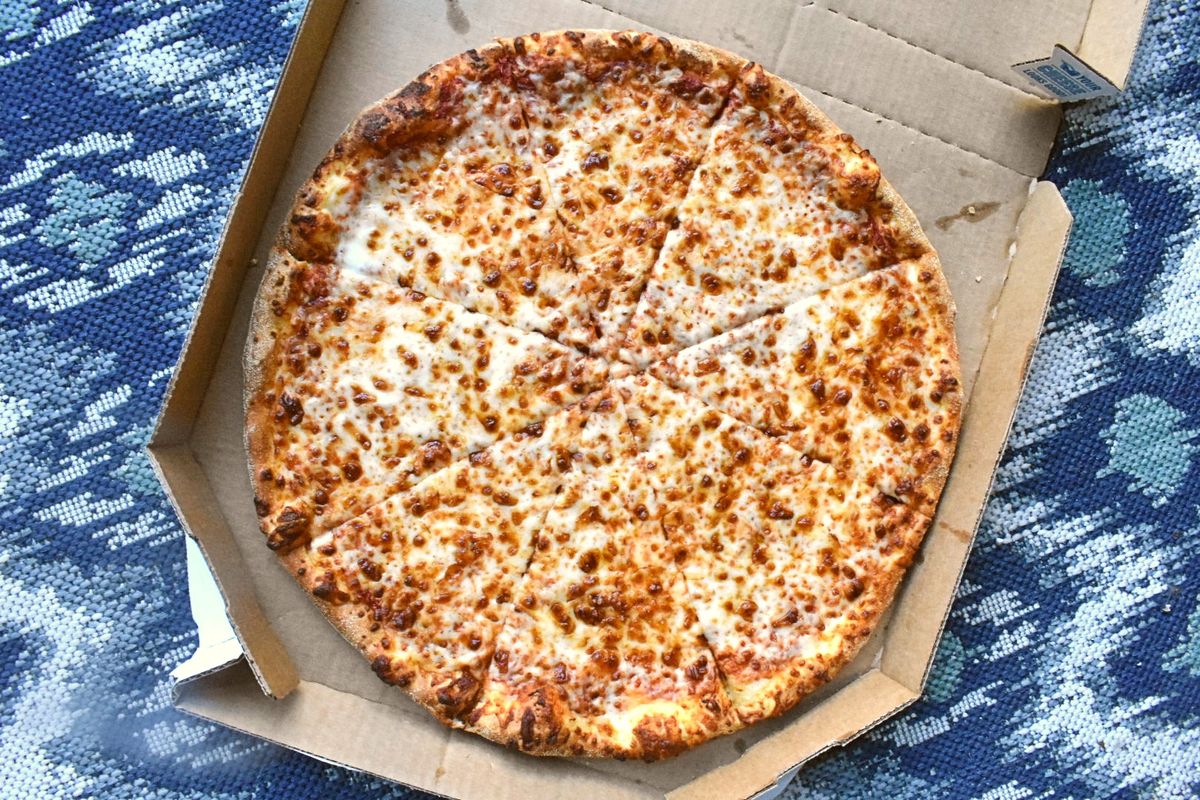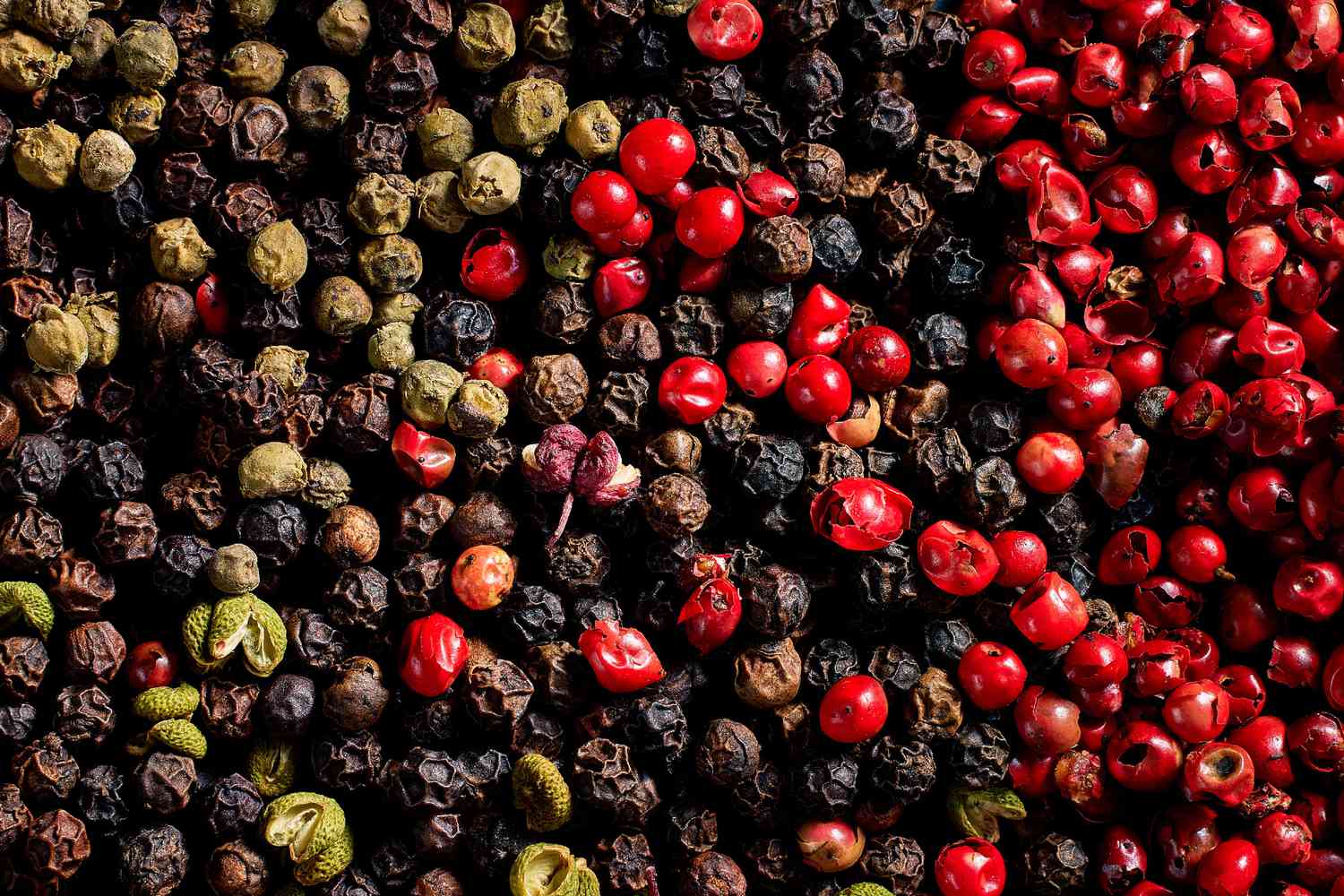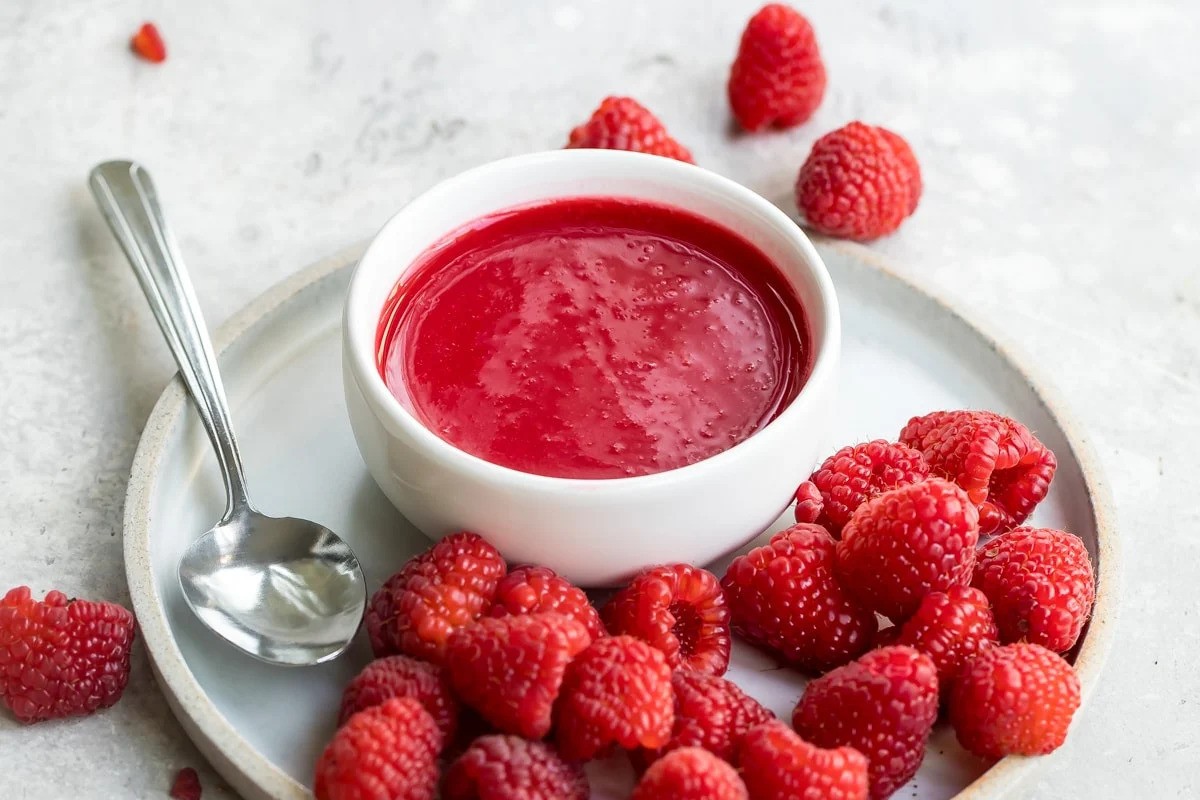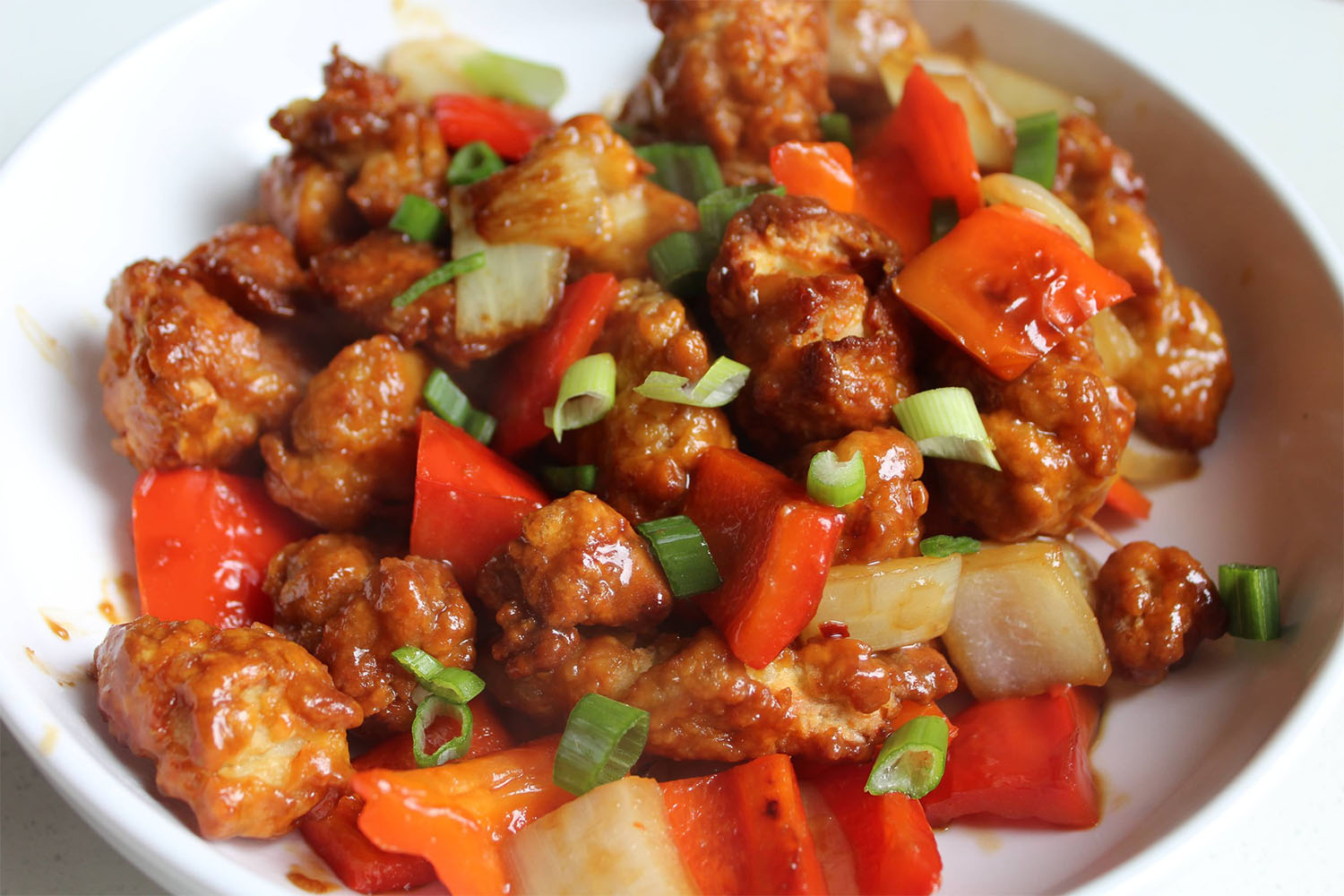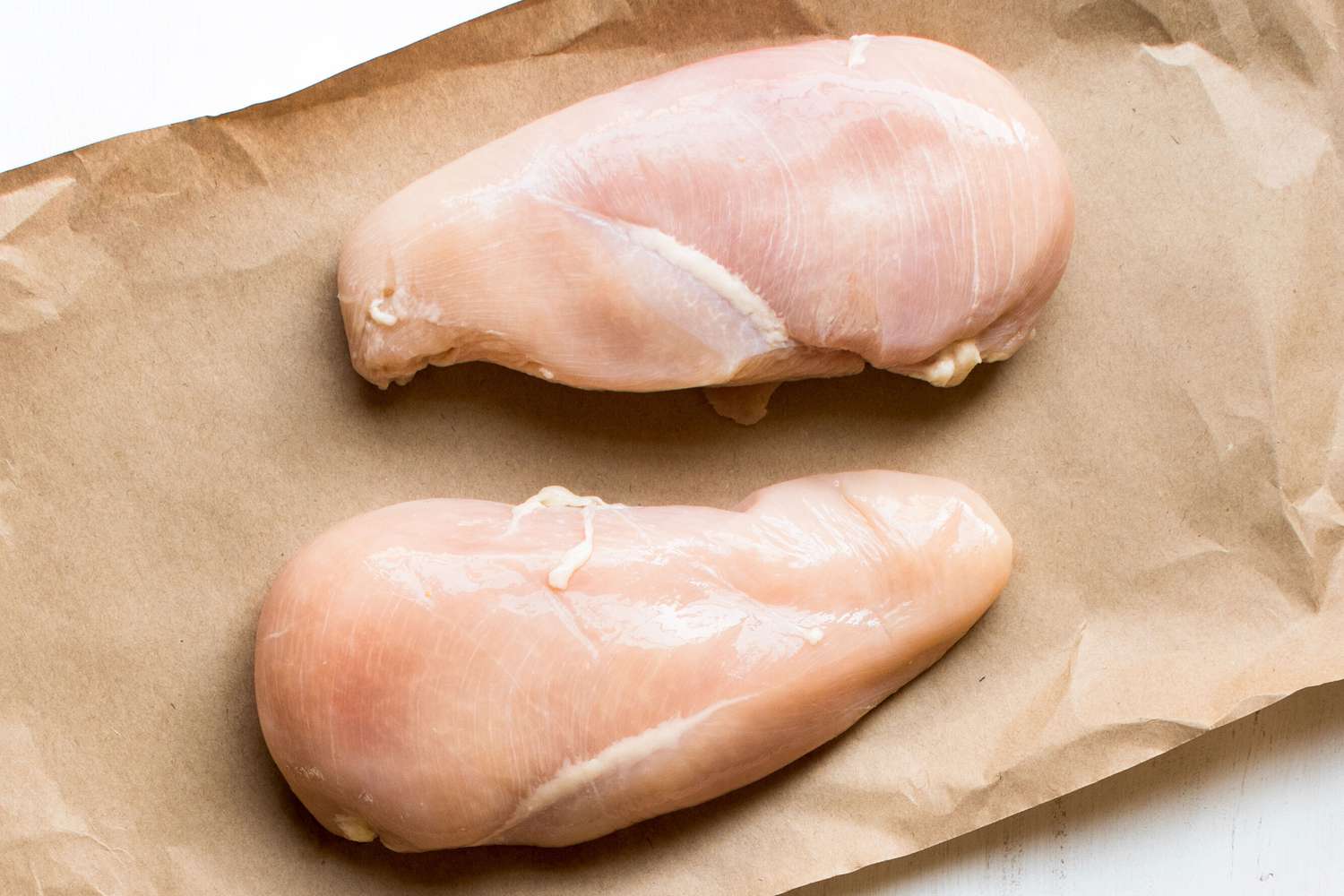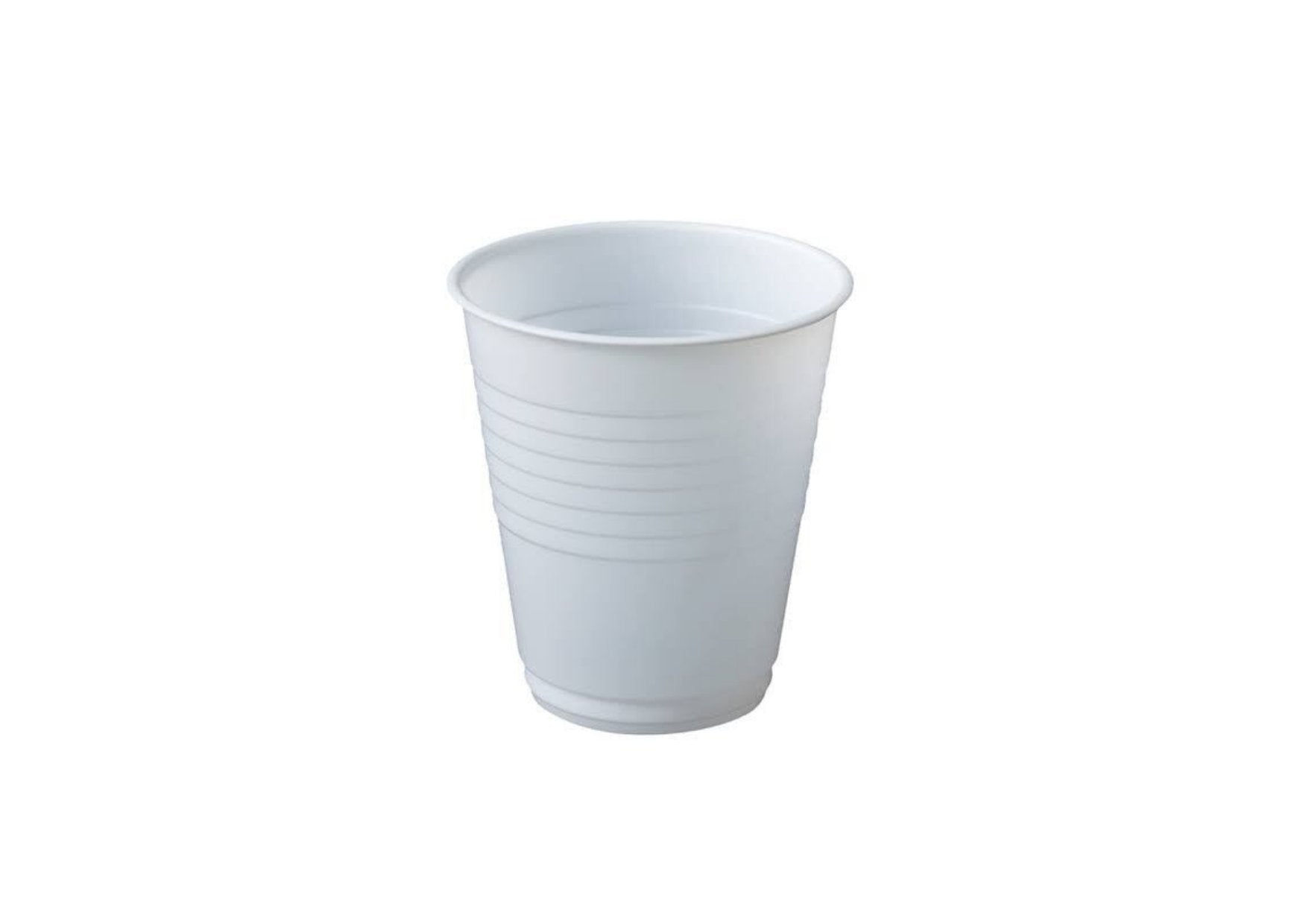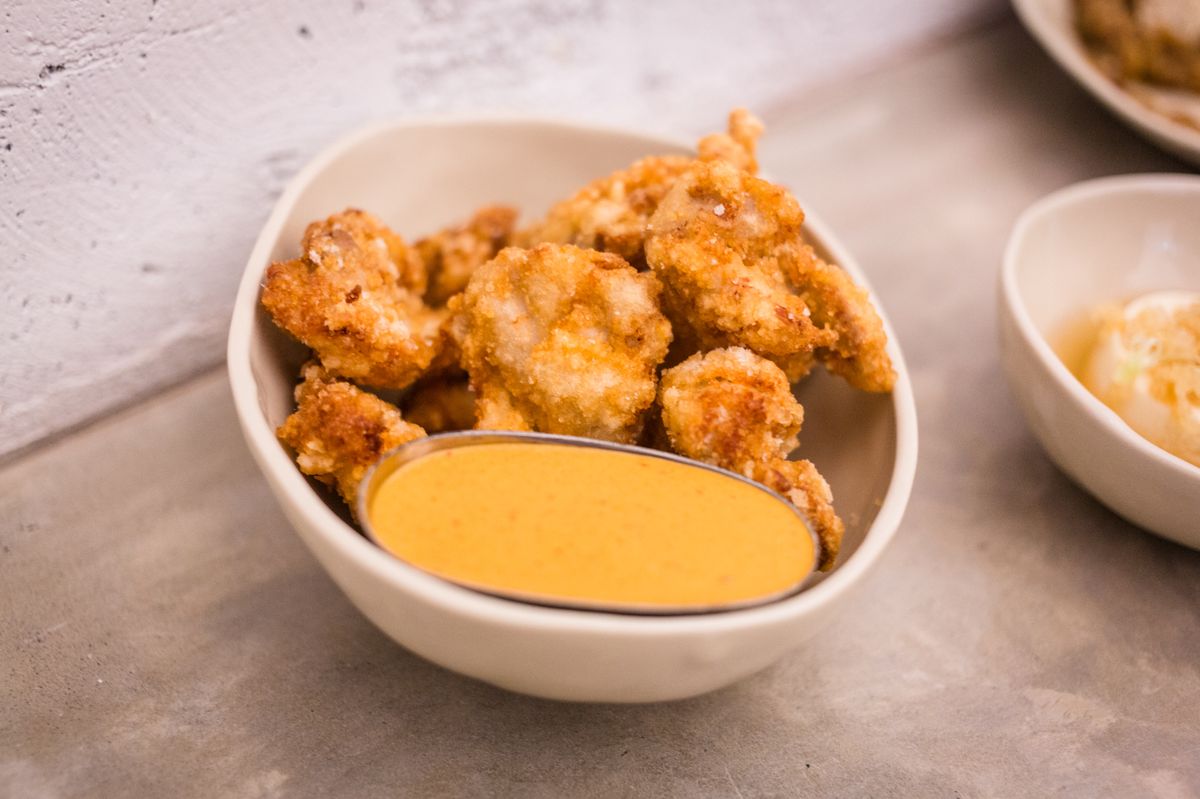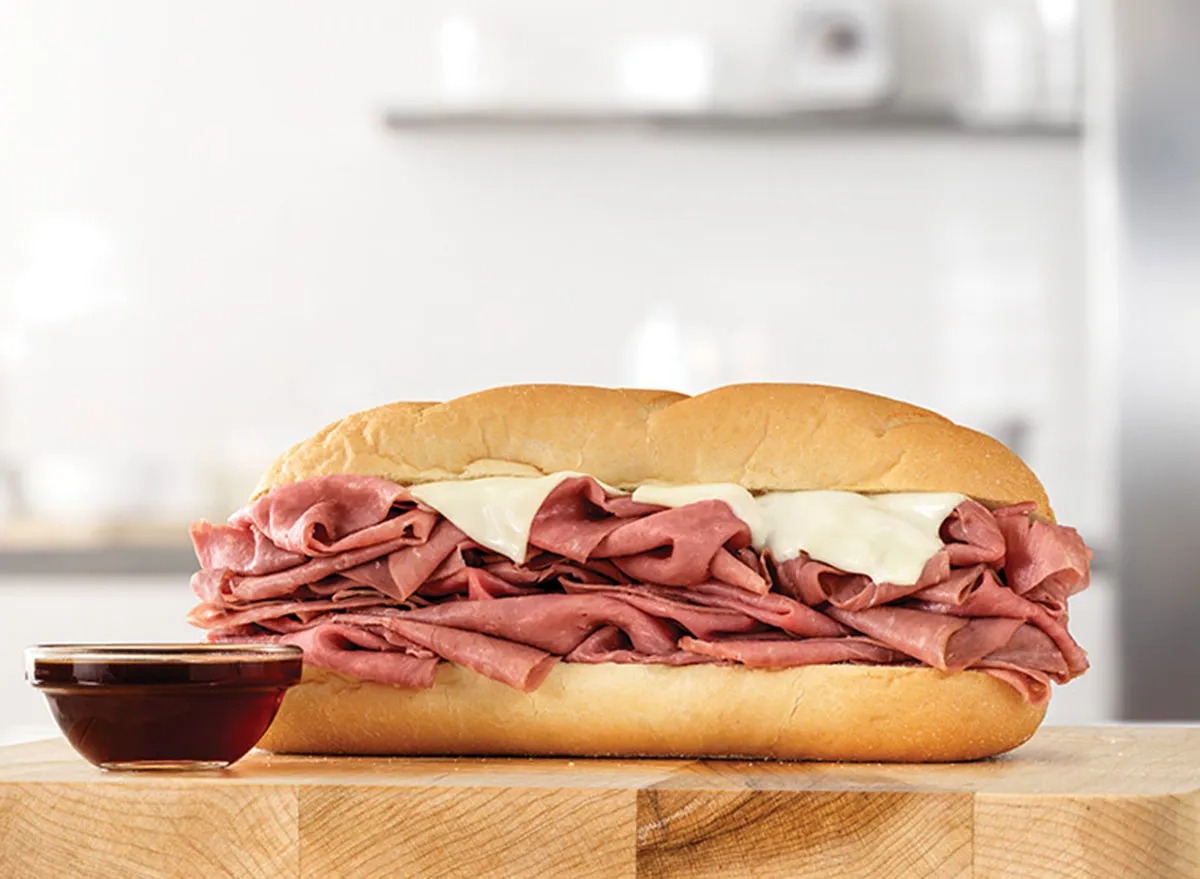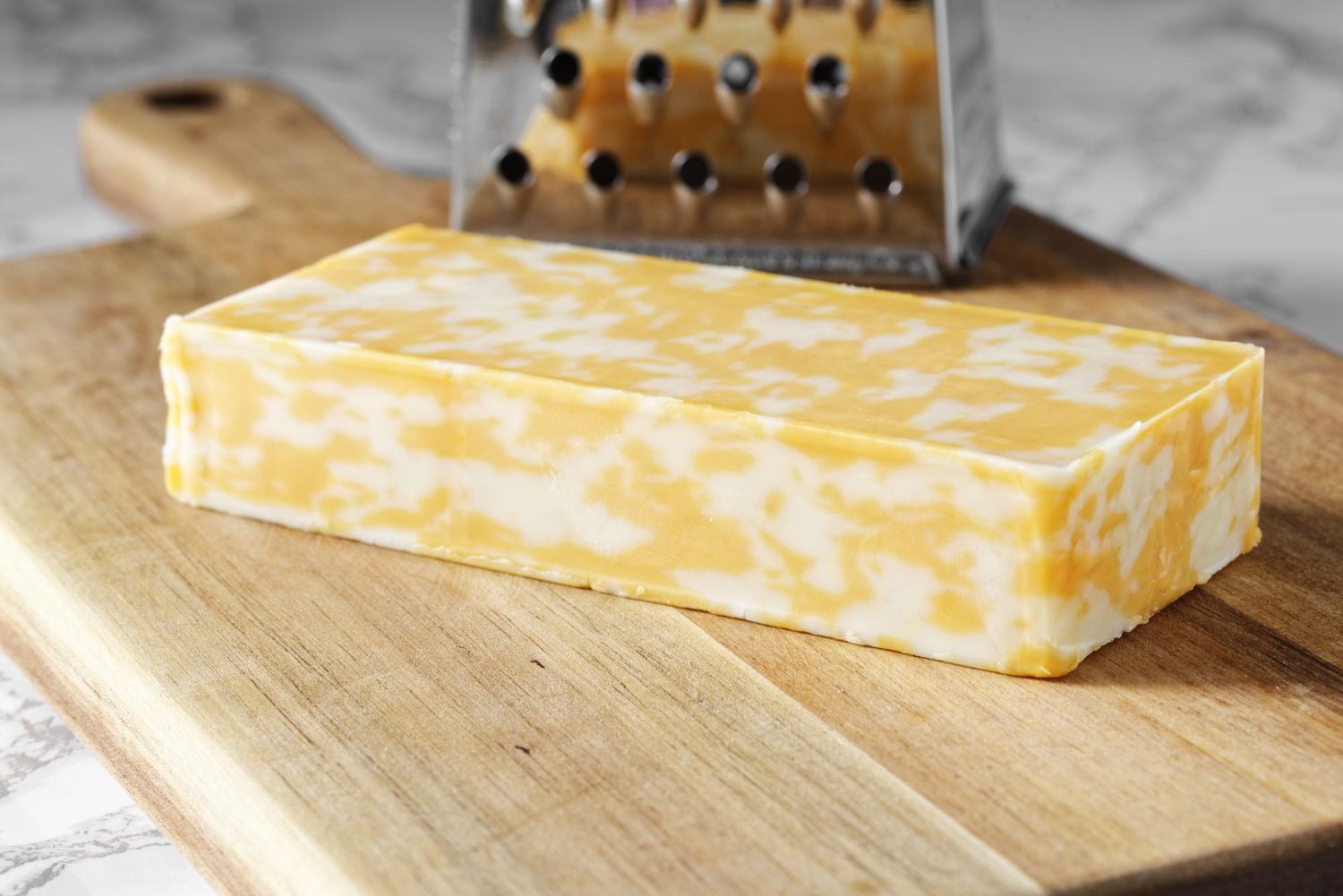Looking for a Corn Flour Substitute?
If you’ve run out of corn flour and need a substitute, don’t worry! There are several alternatives that can be used in its place. Whether you’re looking for a gluten-free option or simply need a replacement for corn flour, we’ve got you covered. Let’s explore some common substitutes for corn flour that you can easily find in your kitchen.
1. Cornmeal
Cornmeal is a suitable substitute for corn flour in many recipes. It is made from dried and ground corn and has a slightly coarser texture than corn flour. When using cornmeal as a substitute, keep in mind that it may result in a slightly grainier texture in your final dish. However, it works well in recipes such as cornbread, pancakes, and coatings for fried foods.
2. All-Purpose Flour
If you don’t have corn flour on hand, all-purpose flour can be used as a substitute in certain recipes. While it won’t provide the same flavor as corn flour, it can help thicken sauces and soups. Keep in mind that all-purpose flour contains gluten, so it may not be suitable for individuals with gluten sensitivities.
3. Arrowroot Starch
Arrowroot starch is a gluten-free alternative to corn flour. It is often used as a thickening agent in cooking and baking. When using arrowroot starch as a substitute, keep in mind that it has strong thickening power, so you’ll need to use less of it compared to corn flour. It works well in recipes that require a clear, glossy finish, such as fruit pie fillings and custards.
4. Rice Flour
Rice flour is another gluten-free option that can be used as a substitute for corn flour. It is made from finely milled rice and has a neutral flavor, making it suitable for a wide range of recipes. Rice flour works well in baked goods, coatings for fried foods, and as a thickening agent in soups and sauces.
5. Potato Starch
Potato starch, also known as potato flour, is a gluten-free alternative that can be used in place of corn flour. It has a light texture and is often used as a thickening agent in recipes. Potato starch works well in recipes that require a smooth and creamy texture, such as puddings, gravies, and sauces.
When substituting corn flour with any of these alternatives, it’s important to consider the unique characteristics of each ingredient and how they may affect the final outcome of your dish. Keep in mind that the flavor, texture, and thickening power may vary when using different substitutes.
Next time you find yourself in need of a corn flour substitute, reach for one of these common kitchen staples and continue creating delicious meals without skipping a beat!
Was this page helpful?
Read Next: What Is Coppa Meat
